Is Johnny Depp being lauded a disservice to abuse victims?
The trial and its consequences demand nuance
KARACHI:A new social media campaign, using the hashtag #CannesYouNot, emerged to criticise the Cannes Film Festival for allegedly "celebrating abusers for 76 years." The campaign, initiated by supporters of Hollywood star Amber Heard, coincided with the festival's opening and the premiere of her former husband, Johnny Depp's latest film, Jeanne du Barry.
Eve Barlow, a journalist and close friend of Heard, shared the hashtag on her social platforms, expressing her belief that Cannes takes pride in supporting rapists and abusers. Barlow's post featured photos of accused individuals who have been associated with the festival over the years, including Depp, Roman Polanski, Harvey Weinstein, Woody Allen, Gerard Depardieu, and Luc Besson.
Supporters of the campaign, many of whom are survivors of sexual abuse, argue that the Depp vs Heard trial was disheartening and alarming, fuelling a backlash against the #MeToo movement. The protesters highlight the wider issue of the film industry sheltering and defending men accused of abuse. While protests are banned during the festival, organisers stress their ability to express their dissent online.
They find it contradictory for Cannes, with its purported anti-discrimination and anti-abuse policies, to open the festival with a film featuring Depp. In response to the criticism, Cannes chief Thierry Fremaux dismissed allegations that the festival supports abusers, stating that if it were a festival for rapists, the journalists in attendance would not be present. “I don’t know about the image of Depp in the US,” he said at the opening press conference. “To tell you the truth, in my life, I only have one rule, it’s the freedom of thinking, and the freedom of speech and acting within a legal framework...If Depp had been banned from acting in a film, or the film was banned, we wouldn’t be here talking about it.”
Fremaux also added that he did not keep up with the trial. “I’m the last person to be able to discuss all this,” he said. “If there’s one person in this world who didn’t find the least interest in this very publicised trial, it’s me. I don’t know what it’s about. I also care about Depp as an actor.”
Despite Depp's controversial status, his career has recently seen a resurgence, including his Cannes premiere, the announcement of his directorial work starring Al Pacino, and a lucrative fragrance deal with Dior. The film Jeanne du Barry, directed by French filmmaker Maiwenn, also faced scrutiny due to the director's admission of assaulting a journalist.
Depp vs Heard: explained
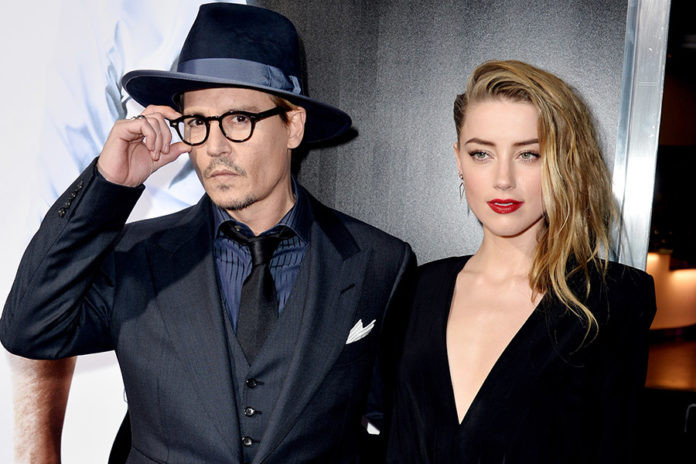
In a highly contentious defamation trial in Virginia, actors Depp and Heard faced off as the jury delivered a mixed verdict. The jury found that Depp had been defamed in a 2018 op-ed by Heard, which did not name the Pirates of the Caribbean star, granting him a victory in his prolonged legal battle over domestic abuse allegations. However, they also determined that one of the statements made by one of Depp's lawyers was defamatory towards Heard.
Depp was awarded a total of $15 million in the verdict, which encompassed $5 million in punitive damages. Under Virginia law, the punitive damages were capped at $350,000. Additionally, they awarded Heard $2 million in damages. The trial exposed the turbulent nature of their relationship, with both sides accusing each other of domestic abuse.
The UK trial
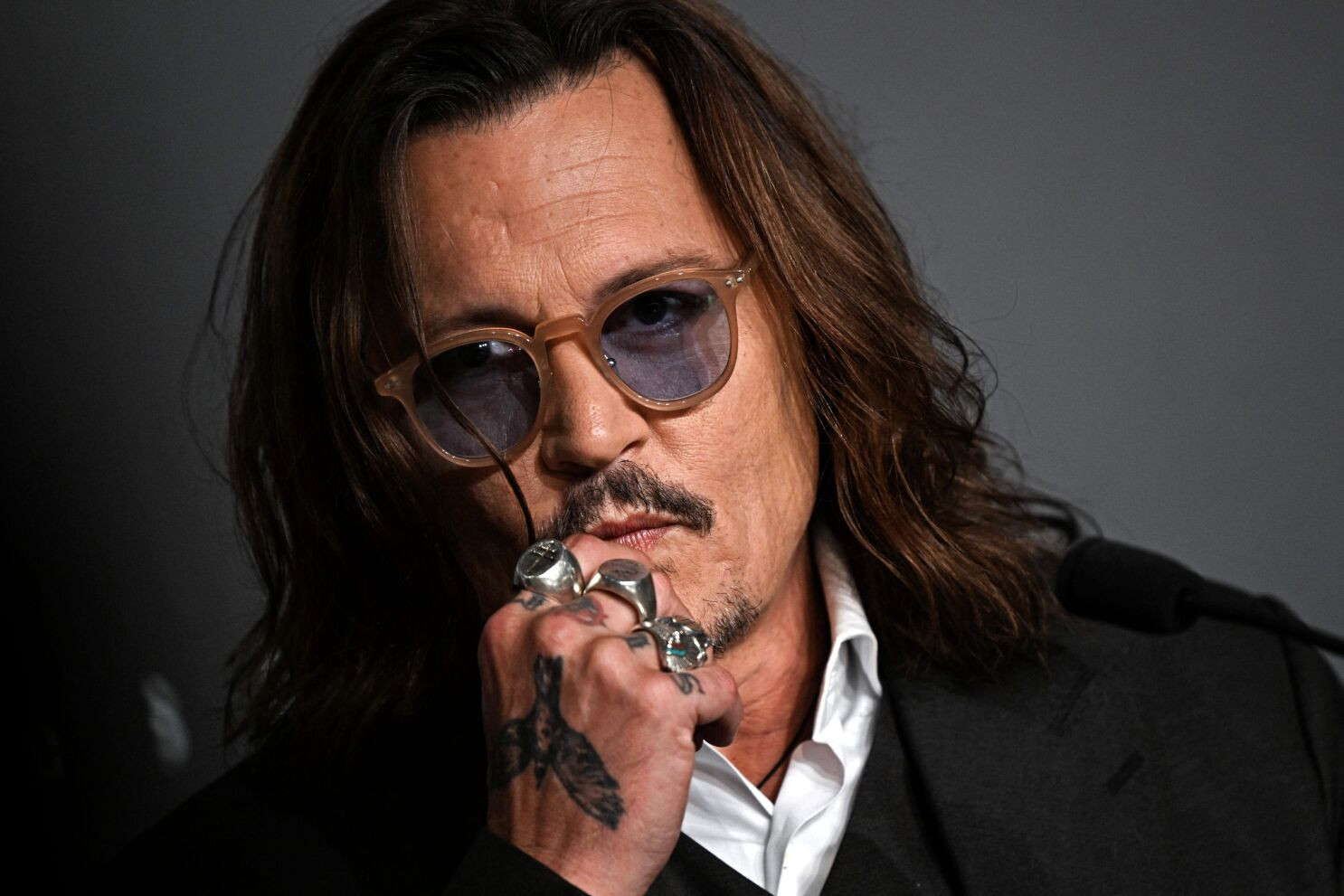
In 2018, Depp filed a libel lawsuit against the executive editor and publisher of The Sun, a British tabloid, over an article that referred to him as a "wife beater." The case was brought to the British courts, known for being more favourable to plaintiffs.
During the trial in London in 2020, The Sun had the burden of proving the truth of their statement about Depp. Despite the unfavourable odds, the newspaper presented evidence, including testimony from Heard detailing 14 instances of alleged abuse by Depp. The judge ultimately accepted that Depp had put Heard in fear for her life. Consequently, Depp was asked to resign from the Fantastic Beasts franchise.
It's important to note that Depp's lawsuit was against The Sun and not Heard, so the verdict, in that case, did not affect Depp's ongoing suit against Heard.
What is the middle ground?
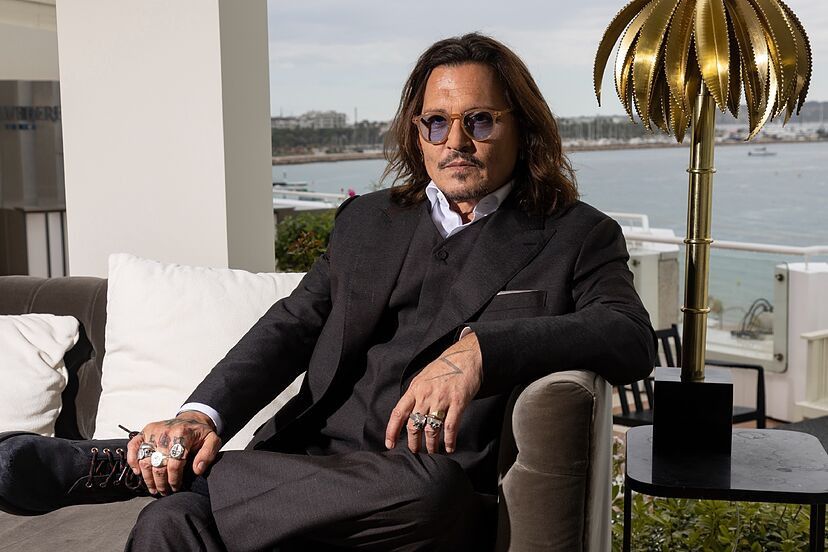
The current landscape surrounding allegations of abuse and misconduct leaves little room for a middle ground. Men facing accusations often experience online backlash, and potential loss of brand deals or film opportunities, but ultimately find their way back into the public's and brands' good graces. On the other hand, victims who choose not to follow the path taken by individuals like Depp, such as Terry Crews and Brendan Fraser, often find themselves unsupported and overlooked.
Crews, known for his acting career and previous NFL stardom, revealed that he had been a victim of sexual assault by a "high-level Hollywood executive." However, he chose not to retaliate or speak out about the incident due to fears of being ostracised or even facing legal repercussions. In light of the Weinstein scandal, Crews felt compelled to share his story, as it resonated with his own traumatic experience. He took to social media to express his frustration, highlighting the parallels between his ordeal and the wider issue at hand.
Fraser, in a similar vein, spoke out about the impact of going public with his own alleged sexual assault on his career. The actor, now 54, recently made his comeback in the film The Whale, portraying an obese and reclusive English teacher striving to reconnect with his estranged daughter. Fraser had previously accused Philip Berk, the former president of the Hollywood Foreign Press Association, of groping him at a luncheon in 2003.
Although Berk denied the allegations, labelling Fraser's account as a fabrication, no charges were brought against him. The Hollywood Foreign Press Association did issue an apology to Fraser. In a recent interview, Fraser acknowledged the detrimental effect the assault claims had on his career, pointing to a system that operates on power dynamics and his adherence to its rules until that point.
What's interesting about these cases is the fact that the perpetrators are either men or unnamed individuals on whom gender cannot be pinned. This makes these cases "less interesting" for the news. Online publications, TikTok accounts, and Reddit threads do not have a woman to place blame on, thereby making these cases seemingly less viable for discussion in the public eye.
This disparity raises important questions about how we should handle allegations of abuse. Should defamation trials be phased out, and if so, what alternative measures can be implemented to ensure justice and accountability? Moreover, in an era where anyone can edit clips of Heard to construct a different narrative under hashtags like #AmberHeardIsALiar, how do we navigate the complexities of discerning truth in a digital landscape?
It is crucial to approach these issues with greater organisation, nuance, and consideration for the multifaceted nature of abuse allegations. By fostering open dialogue and implementing fair and transparent systems, we can strive towards a more just and supportive environment for all parties involved.
The improved man
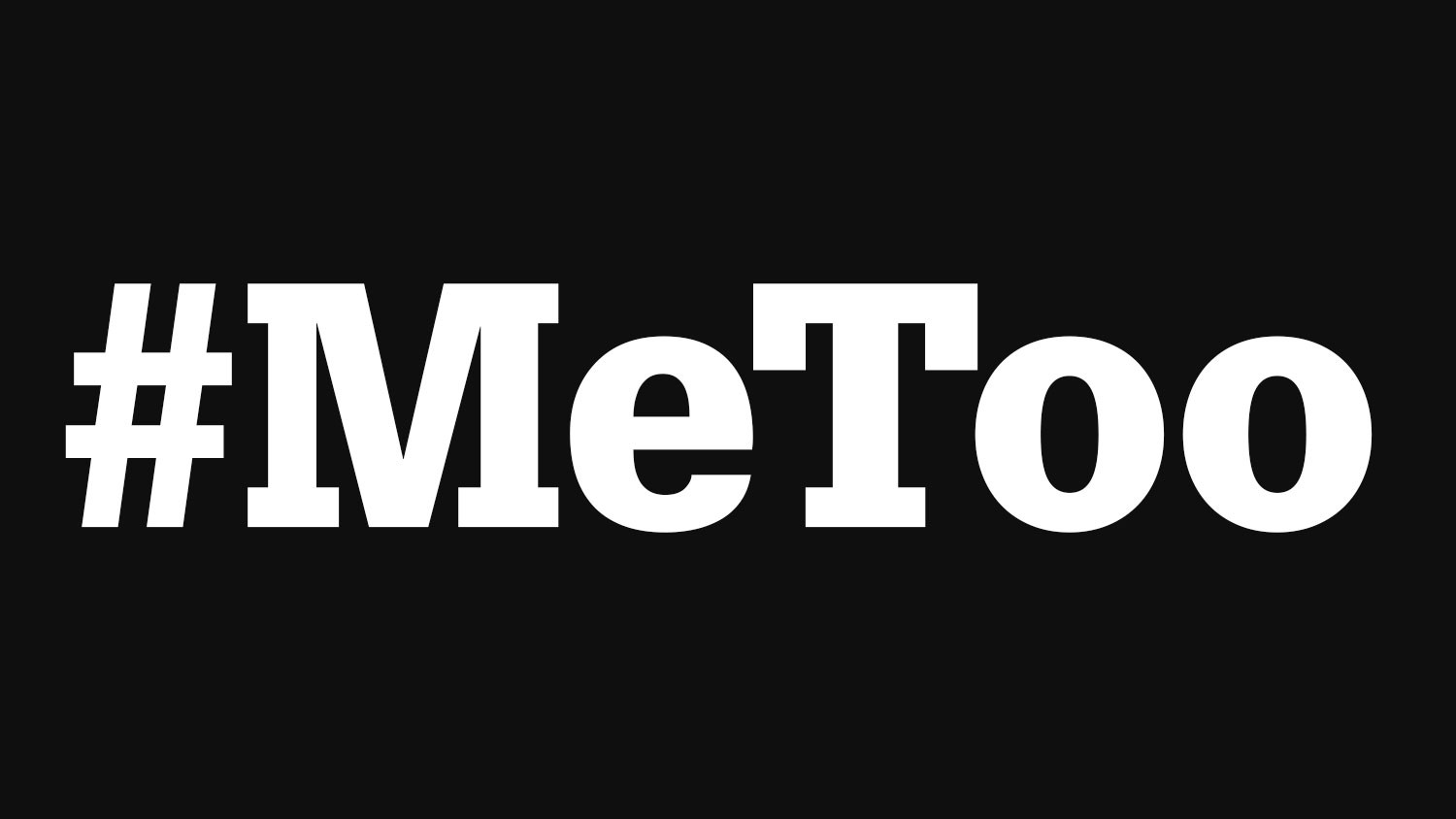
Amidst discussions surrounding allegations of abuse and misconduct, it is essential to address the concept of the "improved man." This notion revolves around the possibility of creating a space for men who have genuinely taken accountability for their actions, paid their dues, and demonstrated a sincere commitment to change. Such individuals acknowledge the harm they have caused and are actively working to rectify their behaviour.
However, it is disheartening to observe that the prevailing public discourse often fixates more on false allegations and discredits the #MeToo movement. This emphasis suggests a broader reluctance to engage in conversations about the experiences of women as victims and the underlying issues that feminist movements seek to address.
By focusing predominantly on false allegations, the wider sphere of public discourse can undermine the progress made by the #MeToo movement and related feminist causes. This approach perpetuates the notion that these movements are solely motivated by a desire to paint women as victims and disregard the complexities and nuances surrounding issues of abuse and power dynamics.
A more organised and nuanced approach would involve creating space for discussions that explore the potential for personal growth and transformation in individuals who have genuinely reckoned with their past actions. Simultaneously, it is crucial to recognise and address the structural imbalances of power and the systemic issues that contribute to the prevalence of abuse.
Have something to add? Share it in the comments below

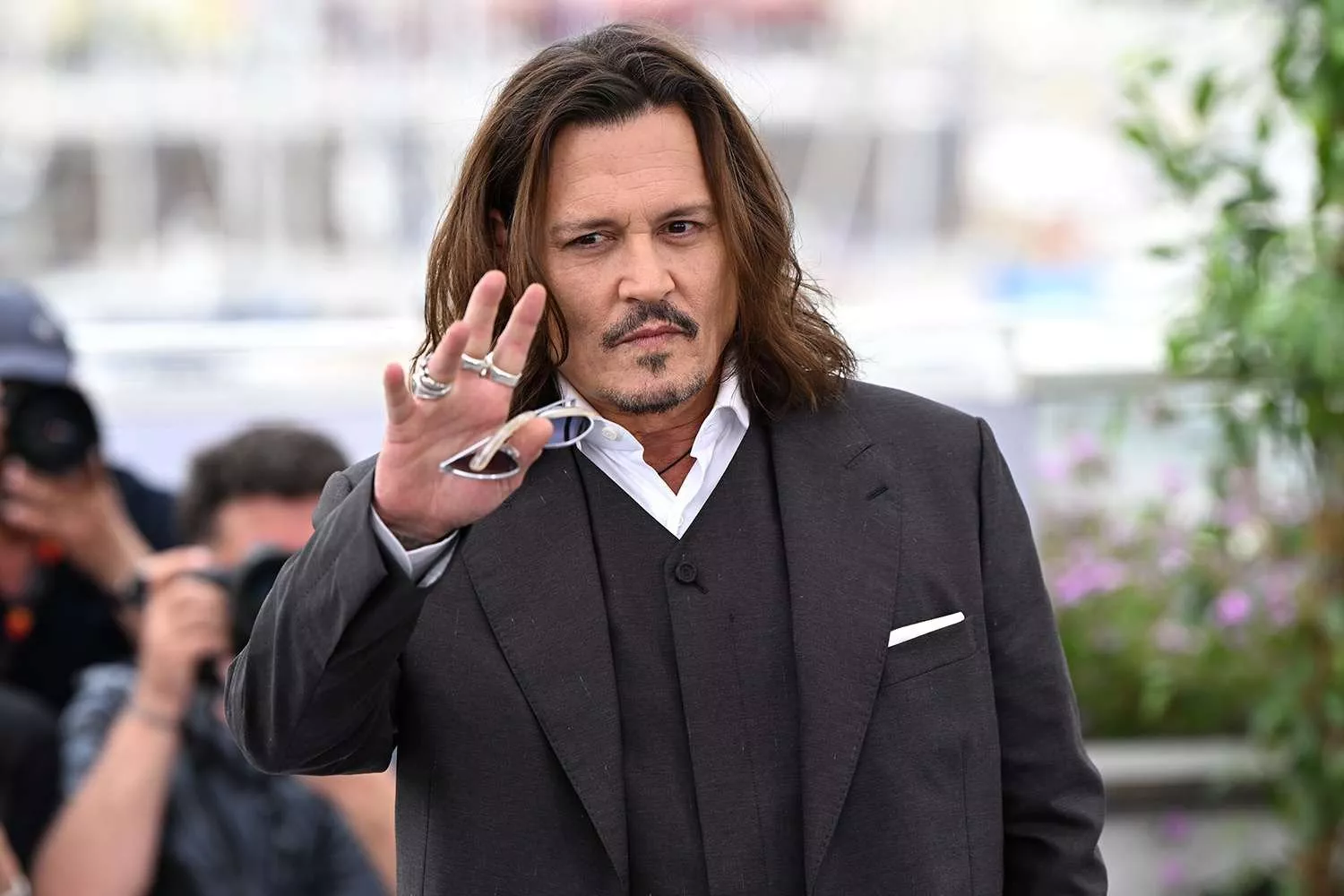
COMMENTS
Comments are moderated and generally will be posted if they are on-topic and not abusive.
For more information, please see our Comments FAQ